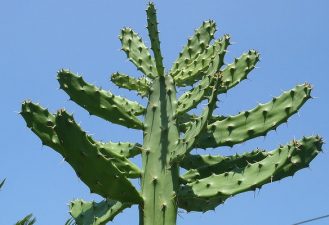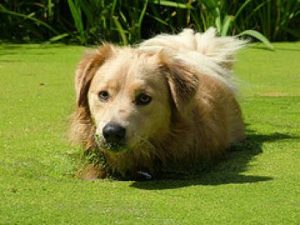We know from watching the movie Fly Away Home with Anna Paquin that Canadian geese bred in captivity identify and imprint on the first mother they see. We also learn that Canadian geese can learn to fly with airplanes, and then evetually rewild. True story. Does the Fly Away Home theory really work for all birds?
Bird biologists from Israel say there are two types of experiences affect the behavioral skills of animals: the animal’s environment during its early development but also its acquired experience. The researchers wanted to understand how migration is impacted when captive birds are released and how fast vultures they studied could acquire experience.
The biologists attached two groups of vultures with trackers –– one group was born in the wild, a second group was born in captivity. Could captive birds catch up with their wild counter-parts? The researchers find out the answer is yes, but it takes time.
This news will certain be useful for falconers in Saudi Arabia and the United Arab Emirates, where falconry is more than a sport. It’s a way of life. The Saudi prince takes his falcons on their own plane.

Model Omar Borkan Al Gala and his falcon.
The researchers, led by Ron Efrat from the Ben-Gurion University of the Negev, followed Egyptian vultures during migration, a critical and challenging period for them, and investigated how their flying skills developed by examining their performance using high resolution tracking. Egypt borders Israel in the southern tip.
“We were able to generate data on the vultures’ migration and flying skills. The data made it possible to learn about the value of early experience and acquired experience and their impact on the ability of birds to cope with challenging periods such as migration,” explained Efrat, one of the lead investigators. “It seems that birds, like humans, are also affected by their life experience,” he said.falcon
The flight skills of two groups of birds of the species Egyptian vulture (Neophron percnopterus), a long-distance soaring raptor, were assessed using GPS transmitters for autumn migrations of 65 individuals.
The two groups were quite different in terms of their early life experiences: one group was raised in captivity and the other in the wild. The birds in both groups improved their flight and migration performance as they gained experience. However, the improvements observed were most evident for vultures raised in captivity.
During their first migration, the captive-bred birds were less efficient but were able to catch up with the migration performance of those raised in the wild as early as the second migration. Thus, the experience gained helped offset the shortcomings of their early life experience at an early stage.
Just as it is harder for humans to learn a language in old age, the vultures that hatched in captivity and were set free at a later age found it difficult to learn the necessary flying and roaming skills, but eventually caught up with those that learned earlier.
Vultures are being bred in Israel part of a new $7 million USD program to help their population. The plan includes breeding programs, safe nesting zones, feeding stations and the removal of poisoned animal carcasses from their habitats. Bedouin communities in the Negev and Arab farmers in the Wadi Ara area, Galilee have been laying out poison traps to target wolves, jackals and foxes that attack livestock. But the poison bait is inadvertently killing vultures.

The research group in the latest vulture release research includes Prof. Nir Sapir from the University of Haifa, Prof. Thomas Mueller from Frankfurt University, and the Senckenberg Research Center in Germany, and Ohad Hatzofe, Bird Ecologist of the Israel Nature and Parks Authority.
Their findings were published in the journal Current Biology last month.






